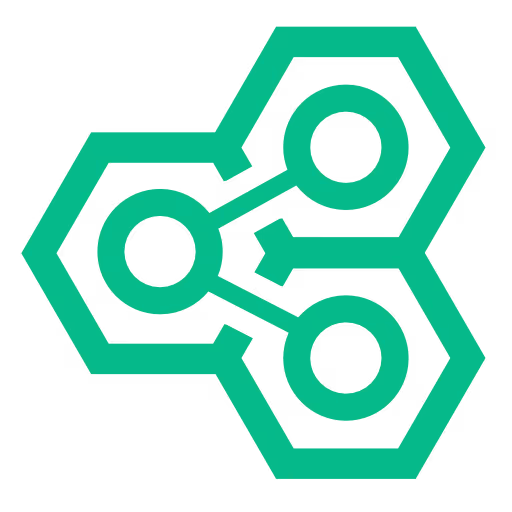What is AI lead management?
AI lead management uses artificial intelligence to find, sort, and prioritize sales leads automatically for faster follow-up.
What can AI lead management do?
It can identify high-quality leads, score them, automate outreach, and help teams close deals faster.
How does AI lead management work?
It analyzes data patterns and engagement to rank leads, then triggers personalized actions based on their behavior.
Is AI lead management easy to set up?
Yes, most tools offer simple integrations and user-friendly interfaces that require minimal technical skills.
Is AI lead management free?
Some offer free tiers, but full feature access usually requires a paid subscription starting around $30/month.
What is the common AI lead management pricing?
Pricing ranges from $30 to $150 per user monthly, depending on features like automation and analytics.
What are the types of AI lead management?
Types include lead scoring, data enrichment, automated outreach, and pipeline forecasting tools.
Does AI lead management work with email?
Yes, it integrates with email to automate follow-ups, track opens, and personalize messages.
What are the best AI lead management tools?
Popular tools include Salesforce Einstein, HubSpot Sales Hub, Drift, and Zoho CRM with AI features.
What are common AI lead management integrations?
Common integrations are with CRM systems, email platforms, marketing automation, and messaging apps.





































